What Is Property Income Allowance? An Overview
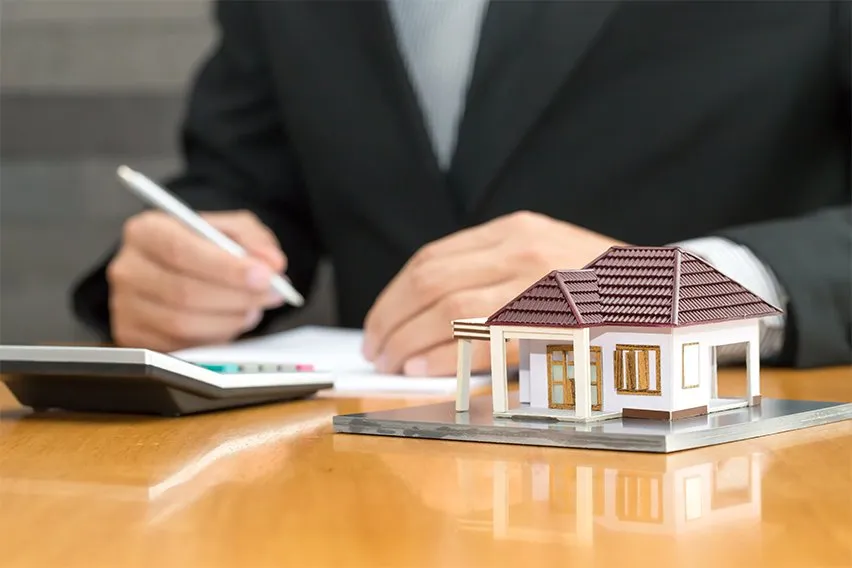
Many people have a diversified income. They may run their own business, they may work for a company. These are both forms of employment income. If you make a trading income, you likely make it from self-employment or casual services. In addition to these forms of income, there is also property income. This applies to property owners in the UK who make an income off of rental property. Keep reading if this applies to you, and learn about your property income allowance!
Here’s What We’ll Cover:
What Is the Property Income Allowance?
What Is Property Income?
Property income, also known as rental income, is money generated by renting a property to others. It is earned when others pay you for the use of the property or land that you own. The property may also be owned by you and other individuals. This is commonly referred to as being joint owners. The other owner may be a business partner, a spouse, or a friend. Regardless, if money is being made on the property being rented, it is considered rental income.

Rental Income with Joint Owners
Knowing how much money is earned on a property is important for joint owners. Depending on how many people own the property, you’ll need to know how much your share is. Income from property under joint ownership can be totalled, then divided by the number of owners. This is how you find your share of the annual rental income.
What Is the Property Income Allowance?
The property allowance and the trading allowance are treated the same under HM Revenue and Customs (HMRC) authority. According to HMRC, each is given a £1,000 tax-free allowance annually. These tax-free allowances are given the same rules and requirements, but each form of income is separate. If you have both incomes, you’re given a £1,000 allowance on each. Both of these forms of tax-exempt income don’t have to be reported if they are less than £1,000 for the year.
Tax on income begins after the £1,000 threshold is met or exceeded. The £1,000 allowance can still be claimed, or you can choose to calculate deductible expenses. It’s recommended to pursue the allowable deduction on expenses if they outweigh the income. This is the best way to save on taxes.
Understanding the Property Allowance
As stated before, individuals are able to claim a £1,000 on rental income, providing a tax-free allowance; however, tax on rental income begins after the £1,000 threshold is met or exceeded. If the property that is generating income is owned jointly, calculating your share is your responsibility. For example, if a rental property generates £12,000 a year and is owned by 2 people, each person’s share is £6,000.
£12,000 (income generated) / 2 (owners) = £6,000 (each owner’s share)
If the income generated is less than £1,000, it doesn’t need to be reported to HMRC. However, if the property income allowance cannot be used, it will need to be reported no matter what the income totals to. Reasons that the income allowance cannot be claimed are listed later in the article.
When to Report Property Income, and How
When you’re making an income off of your property, there are two scenarios for reporting it to HMRC.
- If you make between £1,000 and £2,500 on rental income, report it by contacting HMRC.
- If you make more than £2,500 on rental income, you must register for a Self Assessment.
What Documents Do I Need to Keep For Property Income?
In general, you’ll want to keep the following documents handy when you’re making income on a rental property:
- Rent books for rent invoices
- Receipts for payments from renters
- Bank statements showing where the money from rental income is deposited
- Any documents from accounting tools you use to assist in rental income

When Can the Allowance Not Be Claimed?
There are a handful of scenarios in which the property allowance cannot be claimed. They are listed below.
- You cannot claim the property allowance when you claim the tax reducer for expenses. An example of allowable expenses to claim can be mortgage interest payments for residential property.
- The allowance cannot be claimed if you deduct expenses from income from letting a room in your home. This would require the use of the Rent a Room Scheme.
Key Takeaways
When it comes down to it, the property allowance is a flat rate of £1,000 per year. If you’re making more than that, you can still claim the allowance. However, you may be better off deducting actual expenses, or looking into the Rent a Room Scheme. If you need more information on tax allowances, be sure to visit the resource hub for articles like this one!
RELATED ARTICLES

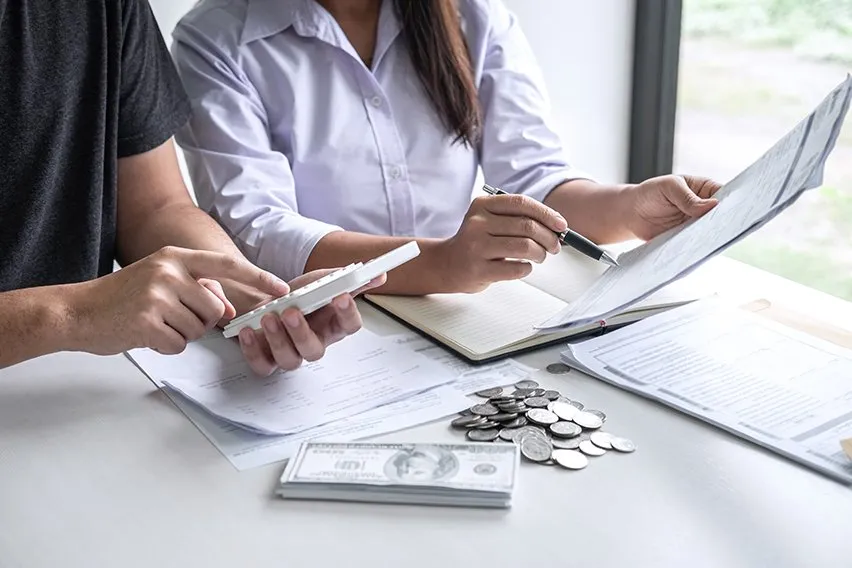 4 Benefits of Being VAT Registered
4 Benefits of Being VAT Registered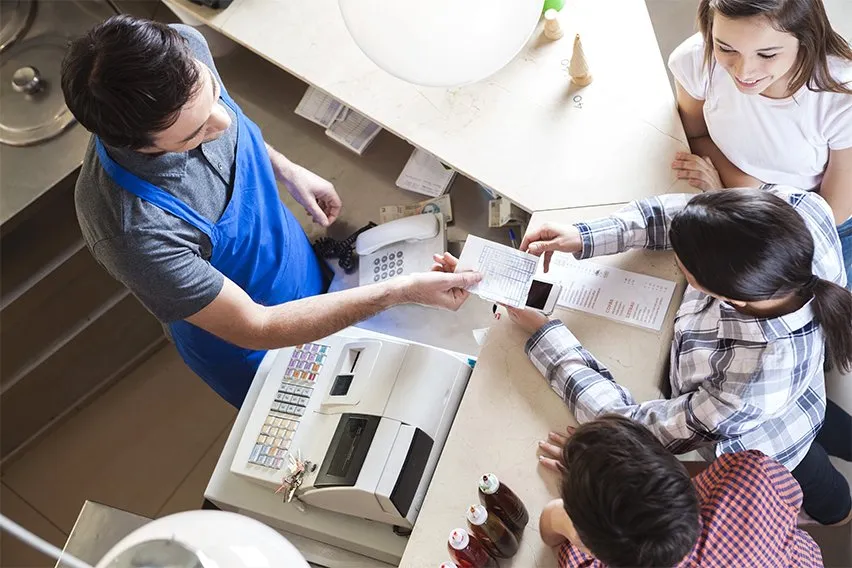 What Is a VAT Receipt? What Proof Do You Need to Reclaim?
What Is a VAT Receipt? What Proof Do You Need to Reclaim?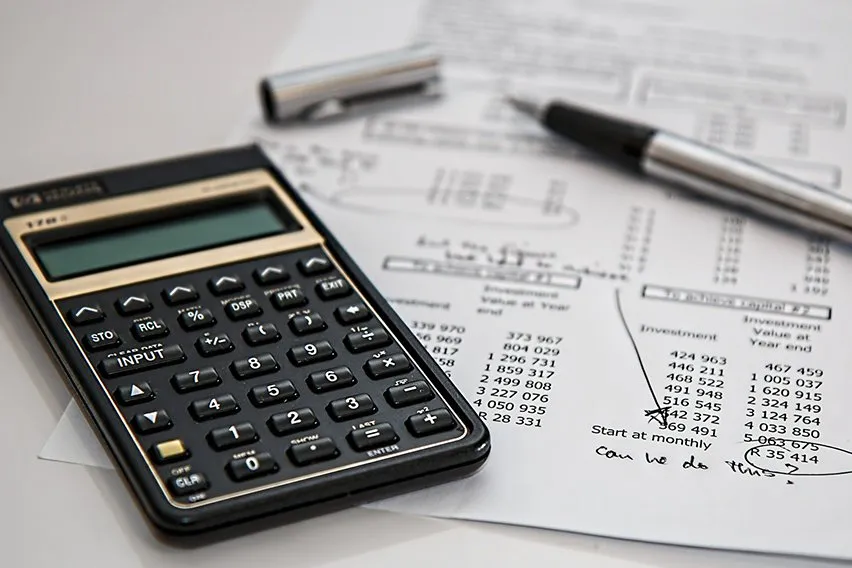 How to Find a VAT Number: Business VAT Number Check
How to Find a VAT Number: Business VAT Number Check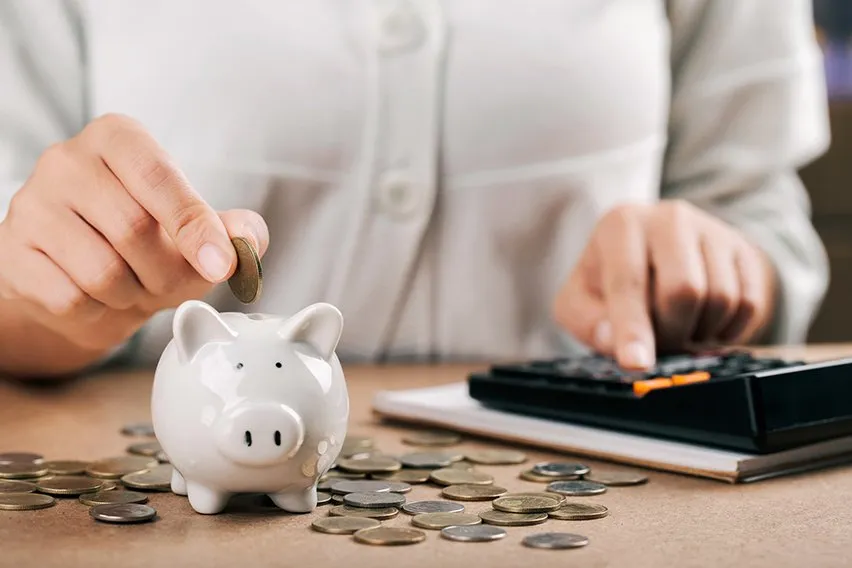 How Long Does It Take to Register for VAT in the UK?
How Long Does It Take to Register for VAT in the UK?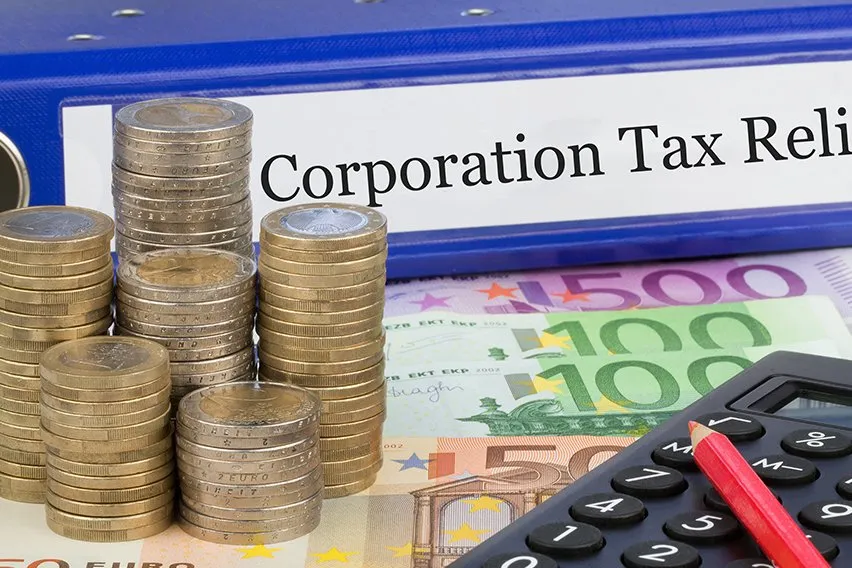 Corporation Tax Relief: How to Reduce Corporation Tax
Corporation Tax Relief: How to Reduce Corporation Tax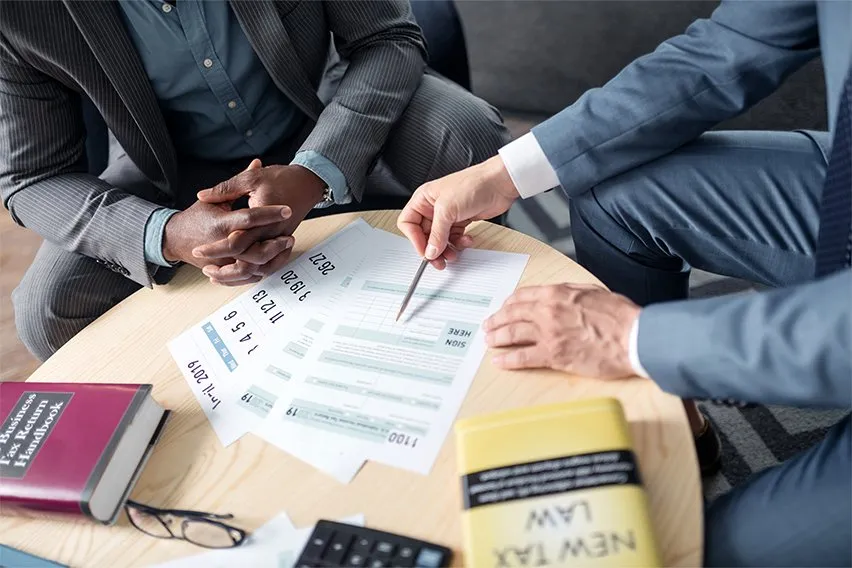 Understanding UK1100L Tax Code
Understanding UK1100L Tax Code